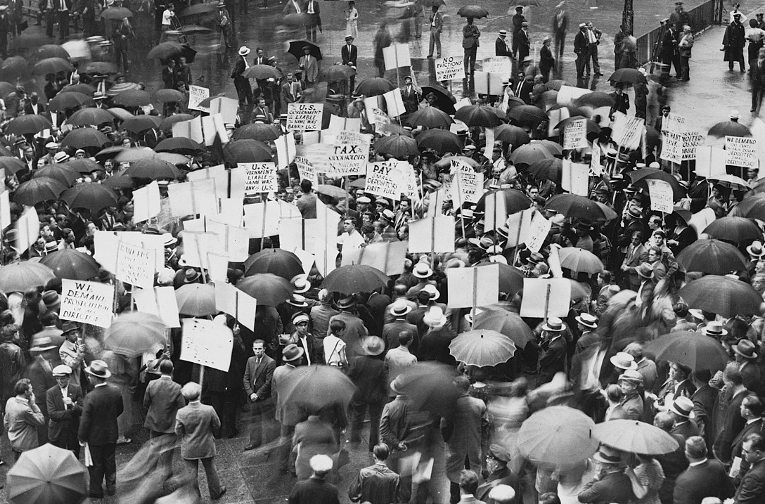Recorded March 7, 2023
Description
On this Frankly, Nate reflects on his experiences in the financial industry with the cognitive bias Loss Aversion and the ways it may manifest to the coming material throughput declines during The Great Simplification. Why do losses feel so much stronger to us than gains – even when we have an overabundance of wealth? Can being aware of this evolved psychological trait diffuse its intensity? How does this affect our ability to perceive and plan for the reality of less available energy and resources in the future?
Show Notes
00:25 – Loss Aversion
00:56 – Salomon Brothers, Lehman Brothers
04:52 – Psychological responses to the Great Depression
06:23 – Identity and in-groups
06:57 – Supernormal stimuli
07:25 – Green New Deal
07:43 – Renewables are useful but can’t power current civilization
08:13 – Material limits to happiness
08:51 – Deep Time
09:05 – Biodiversity loss
Teaser photo credit: Crowds outside the Bank of United States in New York after its failure in 1931. By World Telegram staff photographer – Library of Congress. New York World-Telegram & Sun Collection. http://hdl.loc.gov/loc.pnp/cph.3c17261, Public Domain, https://commons.wikimedia.org/w/index.php?curid=1302228






